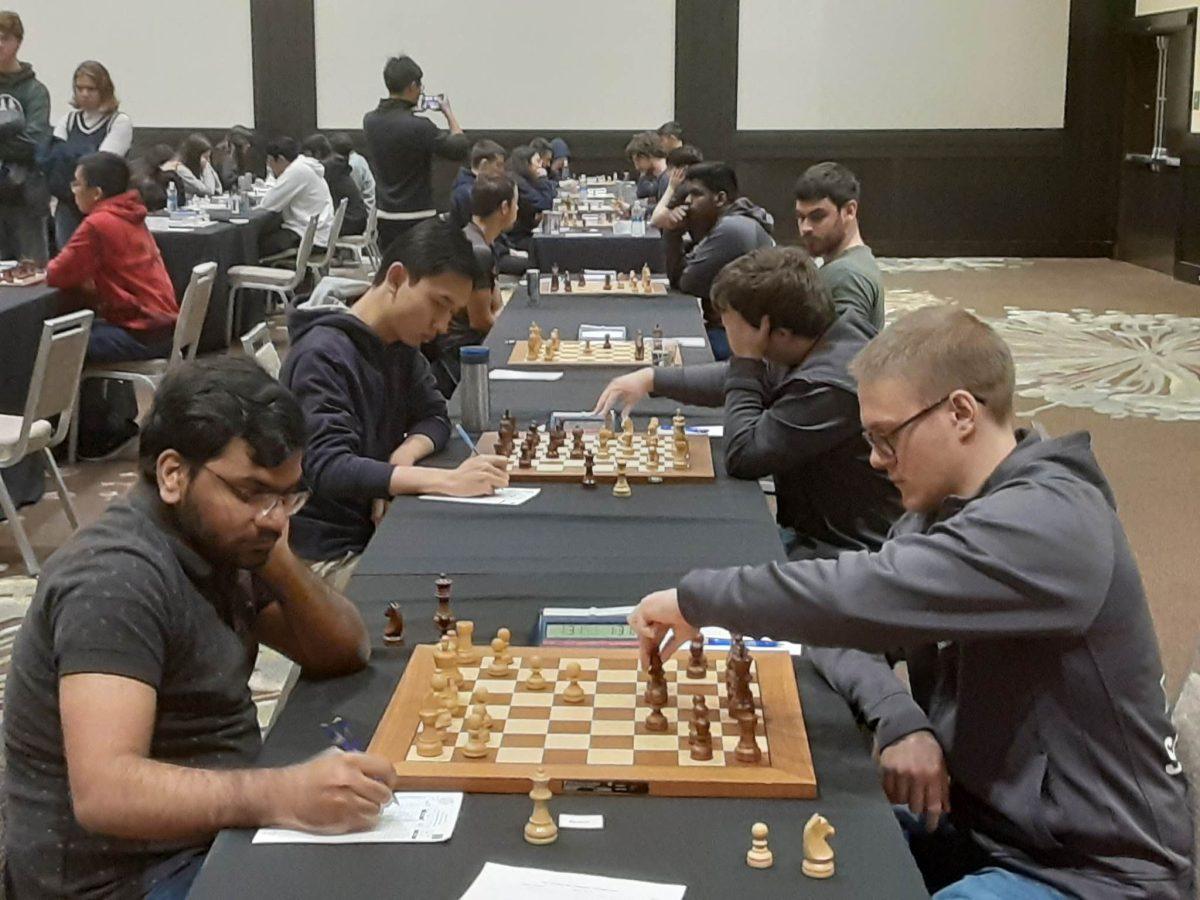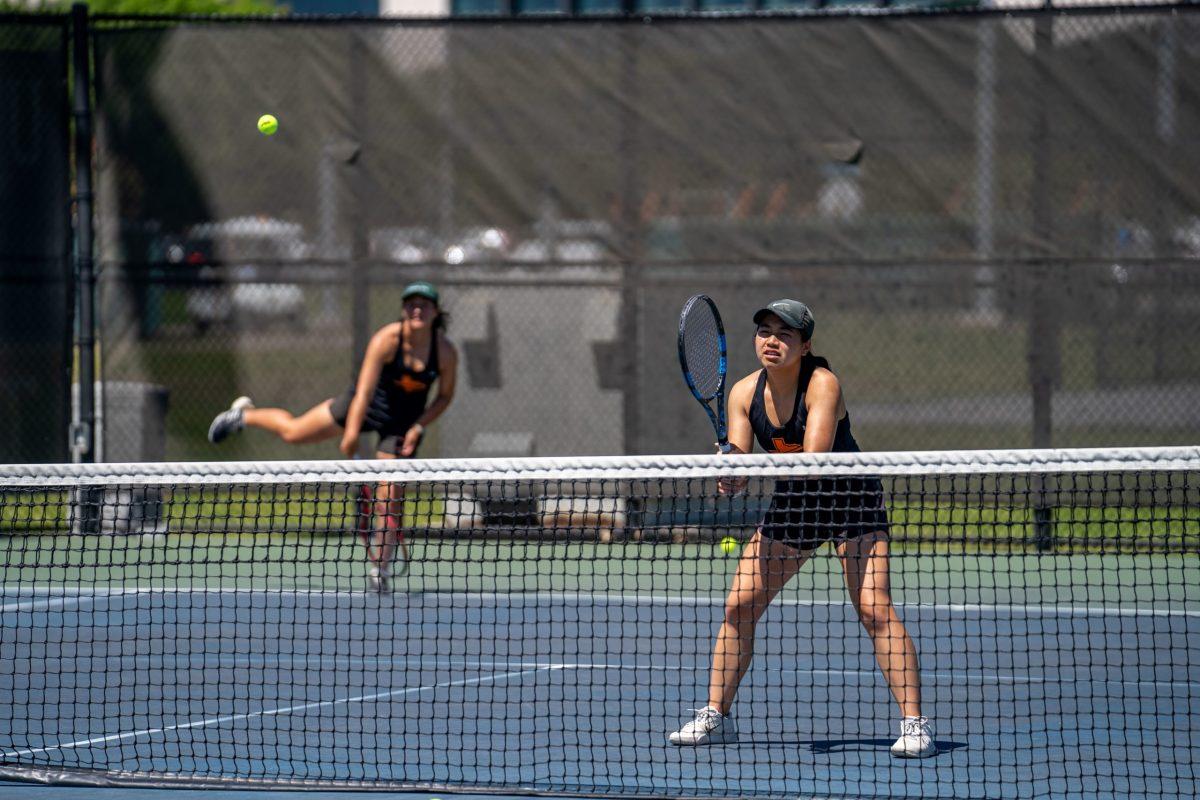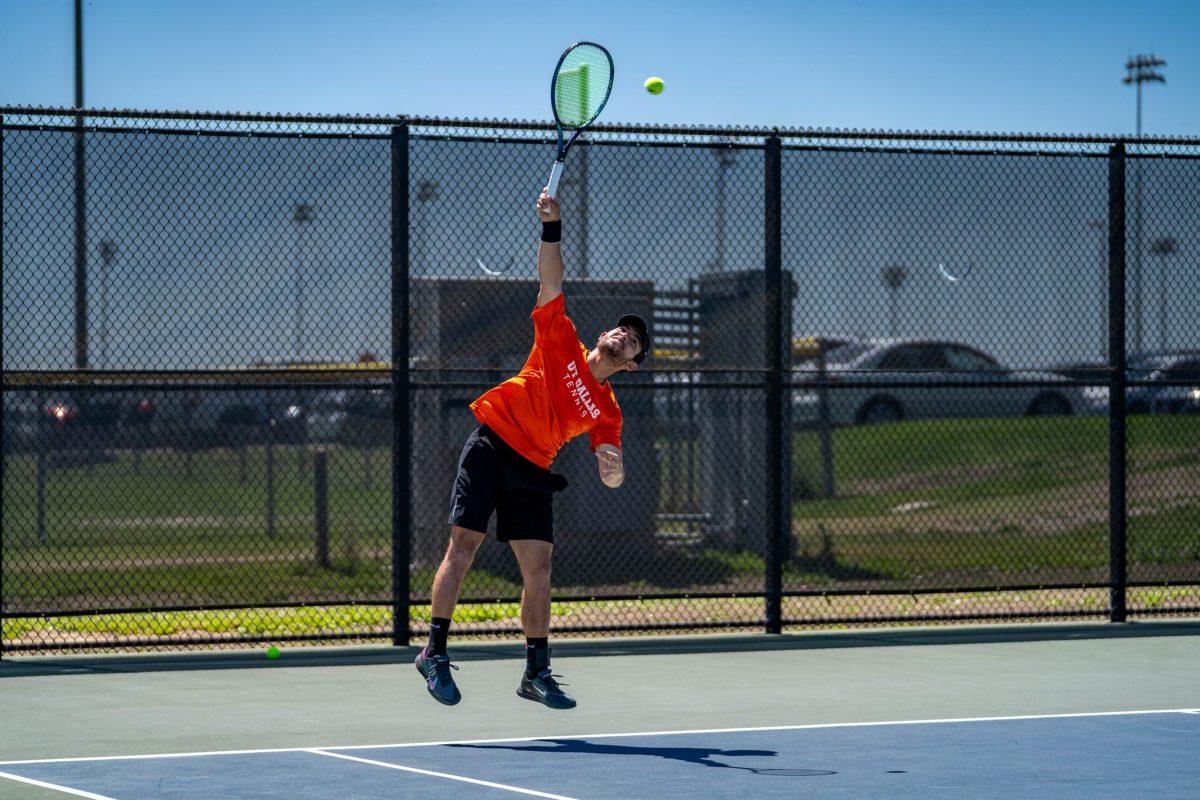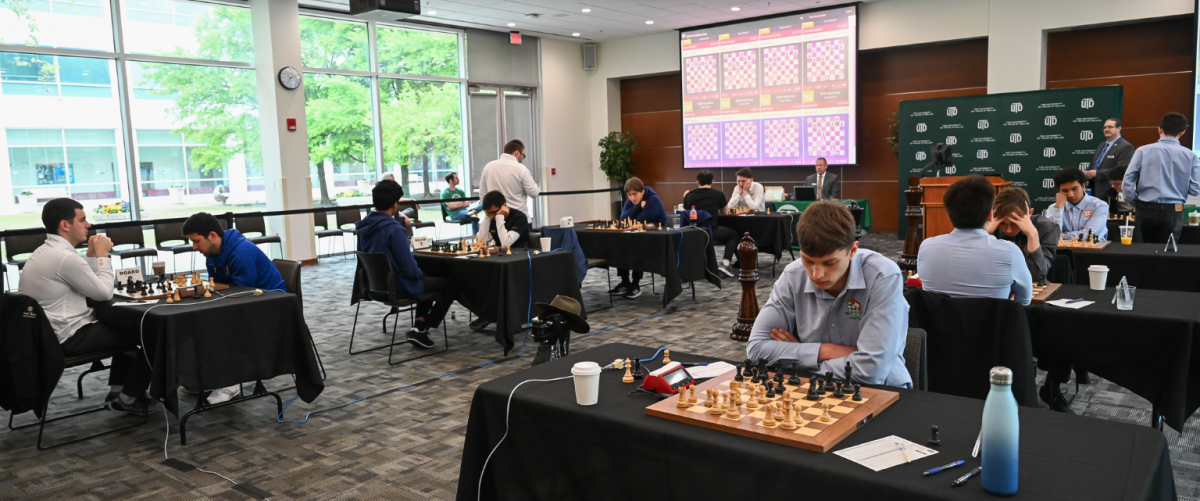Athletic Director confirms: UTD is not interested in starting a football team in the near future, other UT system schools toil to start their own programs
College football may be the king of Texas sports. With millions of fans claiming allegiance to schools such as Texas and Texas A&M and tuning in on Saturdays to cheer on their teams, it’s easy to see how the game is so big.
For the first time this year, the NCAA held the college football playoffs between the top four teams in the country, with the championship game played Jan. 12 at AT&T Stadium in Arlington between Oregon and Ohio State. Unfortunately for fans of UTD, the chances of seeing the Comets participating in such an event at the Division III level is slim, at least for the foreseeable future.
Athletic Director Bill Pettit said the department is more focused on getting better at the sports they have for the time being.
“Right now we’re extremely happy with where we are in Division III and in the American Southwest Conference,” he said. “Football is a major undertaking, and I would just think a lot of things would have to change before we even consider adding football at this time.”
He said the athletic department currently lacks several key components necessary for the addition of a football team, such as a strength and conditioning coach and the facilities needed to field a squad.
The athletic department, founded in 1998, is one of the youngest departments in the school. Major milestones, such as winning a national championship in at least one sport, have yet to be accomplished, something Pettit said he would want to do before considering adding football. There hasn’t even been a discussion about how much it would cost to start a football program and a timeline on how long it could take, he said.
Because of these reasons, Pettit said he doesn’t think football will come to UTD anytime soon. For other schools, however, the costs and challenges to starting a football team from scratch have not kept them from pursuing gridiron aspirations.
UT Tyler, one of UTD’s rivals in the ASC, has been open to the possibility of starting a football program for several years. Howard Patterson, Tyler’s Vice President for Student Affairs, said he has been asked when they will get a football team about once a week since he’s worked there.
Football would help attract potential students to come to Tyler, Patterson said, even if they are not directly involved with the program. He said adding the sport could increase enrollment anywhere from 6-8 percent because it would attract people who want to watch their school play on the weekends. He also said it would add more discretionary funds for the school through state reimbursements for the increase in tuition and student fees.
The increase of students is where most of the money would come from with football, Patterson said. Most of the money would not be generated from ticket and memorabilia sales, he said.
Along with that, he said it would help to improve campus life and possibly improve the donor base for the school.
“There are people in this community that are very philanthropic, as there are in the Dallas area, people that are wonderful for our school and have helped us in a lot of ways, but there are other people out there that want to support athletics,” he said. “They don’t want money to go to a music building or a pharmacy college; they want to give their money to athletics. They want to see the athletic program grow at UT Tyler.”
Despite these upsides, he said the school is still years away from starting a football program of its own. He said the Board of Regents does not want to increase tuition for students at this time despite student interest, something that has put a major hold on any ambitions the school might have to add on another team.
Amy Carlton, commissioner of the ASC, said the process of adding a sport at a public campus in particular can be difficult
because of the additional committees that have to be dealt with beforehand.
The process can be political when it comes to dealing with the Board of Regents, she said.
“It’s political from that standpoint. Do they see the value of adding this sport?” she said. “Is it going to be to the detriment of other system campuses? … A lot of people have opinions. A lot of people have a lot of different feelings about football from past experiences … It’s a very emotional issue.”
From the conference standpoint, she said, the biggest thing they have to do when it comes to getting a sport off the ground is scheduling. They usually like to have two to three years before the start date to work on getting the schedule ready for the school, she said.
Carlton said the conference does not require schools to have stadiums on campus, but that doesn’t account for practice fields and the cost of renting out high school stadiums that might be accrued by a school.
Although schools such as UT Tyler have had difficulty getting a program off the ground, others have been more successful. UT Permian Basin, located in Odessa, recently announced it is adding a football team that will start competition in the fall of 2016.
Still, the process to get to this point for UTPB, a Division II school, has not been without its challenges.
Steve Aicinena, UTPB’s athletic director, said the school had to raise $9.5 million within a year just to start up the program. Part of that money came from repurposing a student fee. He said it took about two years just to get to a starting point.
Currently, UTPB is in the process of hiring a coaching staff, something that Aicinena said is time consuming.
Along with that, the school has worked on improving its academic programs and increasing housing on campus in preparation for adding football.
“It’s a journey that’s going to still take us quite a while,” he said. “We have quite a few people to hire, we have facilities to design as well. There are many challenges.”
Adding the team is part of UTPB’s overall plan for growth, Aicinena said. He said UTPB’s goal is to have 8,000 students by 2020. The school currently has approximately 4,426. Adding football may make the school more attractive to students who would possibly pass it up because of the lack of a program, he said.
“The reality is, good, bad or indifferent, football is something that many, many students in Texas expect to have associated with the college that they attend,” he said.
Despite the potential for growth seen by other schools, that same benefit is not necessarily presented to UTD.
Many schools that add football at the Division III level are small, private institutions that are attempting to grow, Pettit said, a category that UTD does not fit in.
“When you have 23,300 students and you’re growing by 9 percent every year, adding a handful of student athletes does not change anything as far as the university is run,” he said.
Athletics at UTD is not an enrollment driver, he said, but is more of a way to bring a student body together. He also said it’s a good way to attract students with high academic standards who also happen to play sports.
“You have extremely driven, well-focused students that typically do extremely well,” he said. “If you’re going to recruit kids, those are the kind of kids you want on campus. These just happen to play sports … it’s the perfect marriage between having a really good Division III program and a high academic program.”







